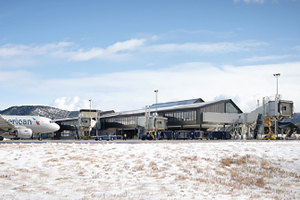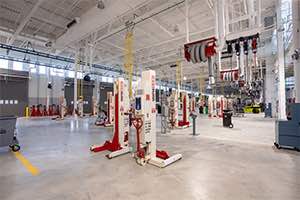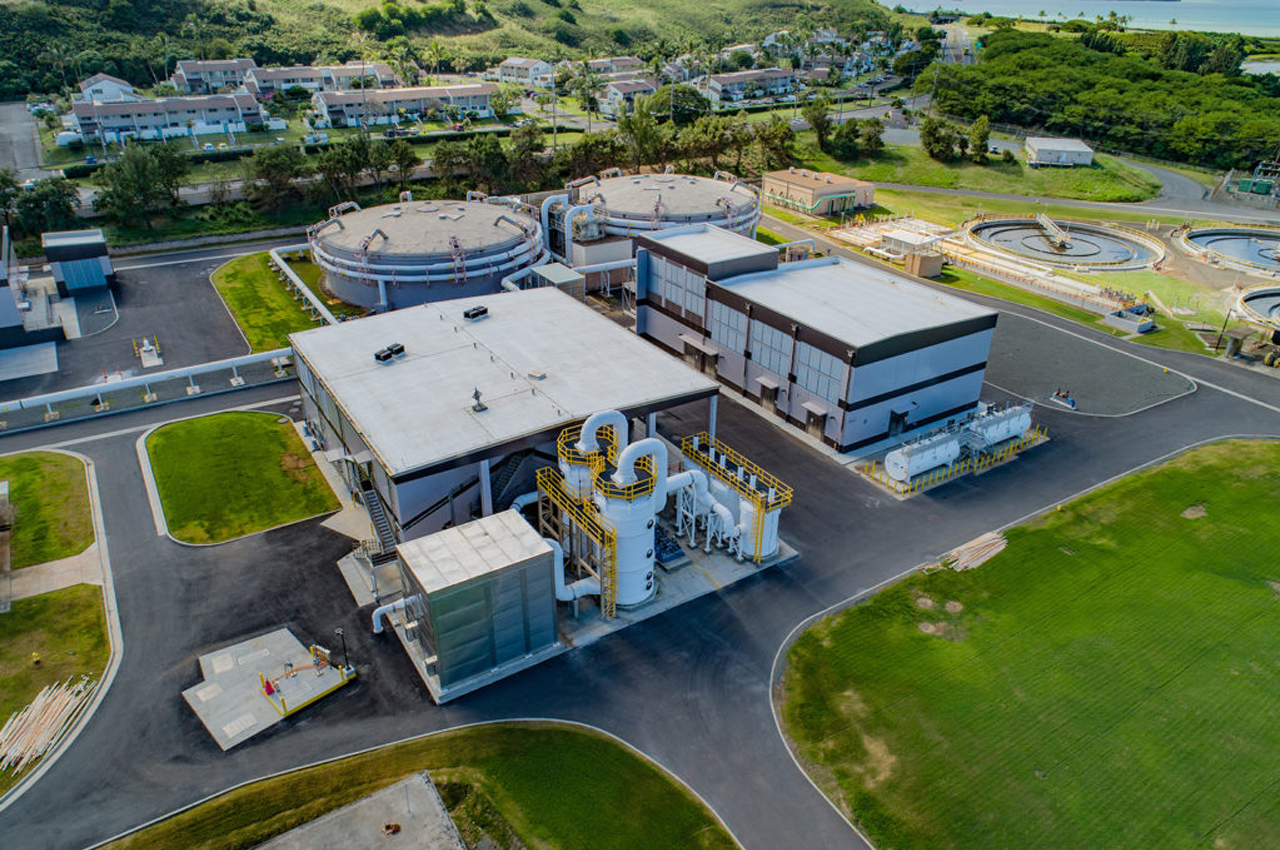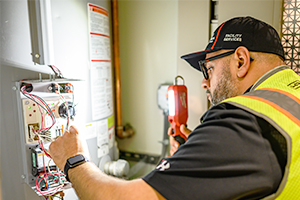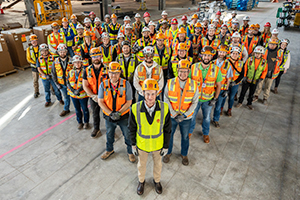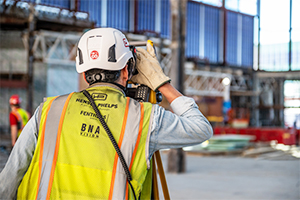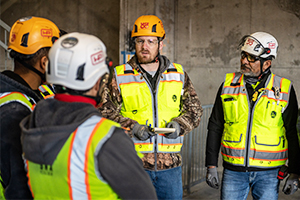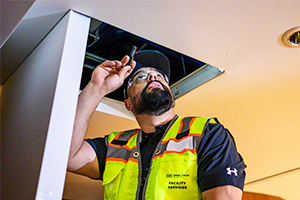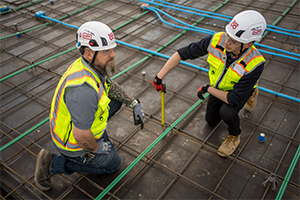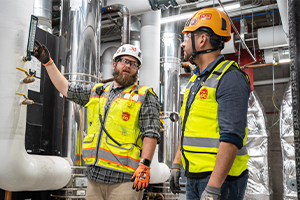Producing the Very Best
Hensel Phelps is probably best known for the quality of workmanship that is integrated into each project. Quality isn’t an end result. Rather, it is an essential part of each phase of a project. Hensel Phelps uses a proven quality control process beginning in the planning phase of each project to ensure that necessary controls, supervision, inspections, testing and documentation are provided as the project progresses.
Unlike traditional quality control programs that utilize inspections and punch lists to verify completed work, Hensel Phelps uses a Six-Step Quality Control Process ensure all craft, trade and management staff have appropriate training, a proper understanding of project requirements, and appropriate quality standards before and while project work takes place.
Hensel Phelps’ Six-Step Process includes:
Purchasing Meeting
This goal of this meeting is to procure a complete scope of work, verify subcontractor capabilities, and communicate the quality control plan to subcontractors.
Premobilization Meeting
This meeting is held with each subcontractor prior to beginning work to review the quality control plan and to ensure that subcontractor project management teams are committed to the quality control plan.
Preparatory Meeting
Held one to two weeks prior to the start of each definable feature of work, this meeting ensures that the supervising foreman understands the contract requirements, contract drawings, specifications, potential hazards, and other safety considerations.
Initial Inspection
In the initial inspection, which follows the preparatory meeting, the foreman is authorized to install one representative sample of the work, which must be inspected and approved before subsequent work can continue.
Follow-Up Inspections
Follow-up inspections occur every two to four weeks once work has begun.
Final Inspection
Final Inspections occur at the conclusion of each definable feature of work to verify that any deficiencies have been resolved.



